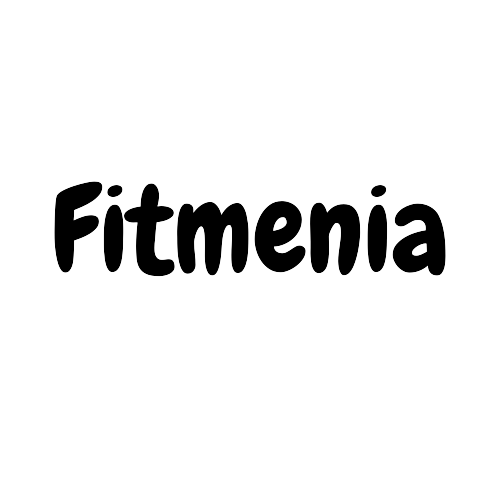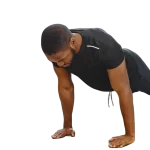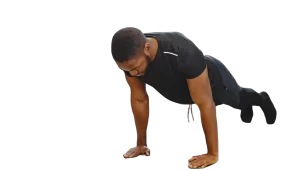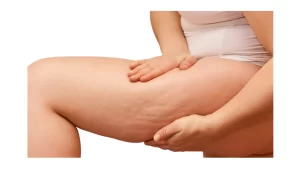In this special year 2022, the value of one’s own health and well-being has increasingly come into focus for many, and thereby holistic well being comes into sight. In addition, people are getting older and older, which also raises the question of how a life with well-being can succeed. After all, who would want to feel so “la la” in their life when life with so much more quality of life is possible? The way there can succeed is through holistic well-being.
What is holistic well-being and how can you manage to feel good in yourself and in your own life in the long term? In today’s article, I will answer these exciting questions for you. I hope you enjoy reading!
Body, mind, and soul in harmony
To feel good holistically, in you, and in your own life, the unity of body, mind, and soul is central. All three form a unit and cannot be viewed separately. In the western world, this mostly still happens. Doctors often look at illnesses in purely physical terms. A holistic view could be goal-oriented and informative since many illnesses have a mental component. If the soul is doing well, the human being is doing well too.
Holistic well being in all areas
In addition to the three levels of body, mind, and soul, the concept of holistic well-being also includes the individual areas of life, as I see it. Your own life is in balance and feels harmonious when the individual areas of life are nourished according to your own needs.
Holistic well-being is also sustainable. The point here is to develop the strategies and routines that accompany you in your life and become part of your life. They can help you live a happy and fulfilling life over the long term.
The difference to wellness
Wellness is something that you usually treat yourself to spontaneously, once and at irregular intervals to quickly recharge your batteries. This can be, for example, a massage, a visit to the sauna, or a stay in a wellness hotel. Wellness can be part of your holistic well-being routines, but it is not suitable if you are looking for something to make you feel holistic well-being over the long term. While holistic wellbeing, as I understand it, works deep down, wellness often stays on the surface. This can bring with it the feeling of being relaxed but not fulfilled.
Ways to holistic well being
What ways are there to make you feel holistically comfortable in yourself and your life?
A fertile foundation is a good body feeling, a healthy relationship with yourself, with your intuition. Because with a good connection to yourself, you always have a reliable partner who shows you how your health and well-being are at the moment. This allows you to react early, similar to an early warning system, and give your system what it needs right now. Ideally, you are your own best friend. A good body feeling can be developed at any time in the course of life. In my own experience, yoga, meditation, or other mindfulness techniques are excellently suited here.
Do what is good for you
When you have a good connection to yourself, you know your own needs. You know what you need, what is important to you, what is good for you. You feel when you need a break and how and where you can best recharge your batteries.
Then, of course, it’s about responding to your own needs and allowing yourself these times for yourself with a clear conscience, and doing so regularly. Move when your body wants to move, rest when you feel like resting. In professional circles, the term “body intelligence” is often used here, which means that the body chooses what is right for itself. We can learn again to listen to this body’s intelligence and to trust it.
Make yourself aware that needs are individually different and can also change in the course of life, depending on the life situation.
Feel-good routines as an integrated part of everyday life
If you consciously connect with yourself in everyday life and ask yourself “What do I need right now?” “What’s good for me?” you strengthen your body feeling. The more often you make this connection to yourself, the more normal it becomes for you. The beauty of connecting well with yourself is that you don’t need a plan. Of course, plans can be helpful and help you to find your way into your routine, especially at the beginning. However, a plan is always something of a “to-do list”, which, especially if you are already quite well involved in everyday life, can cause further stress and of course, that is exactly what should not be the case.
Your routines and strategies, which help you to feel good holistically and sustainably, arise from yourself in a completely natural way. The longer you practice beneficial routines, the more they will become a natural part of you as a person and thus a natural part of your everyday life. Once you find your routines, you won’t want to live without them because you know how comfortable you are with them.









